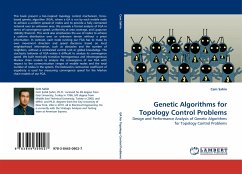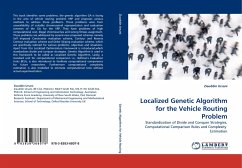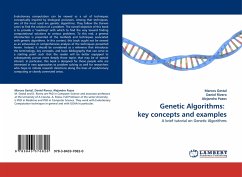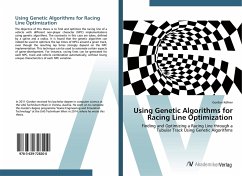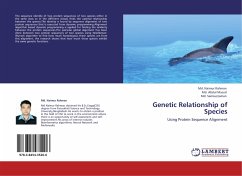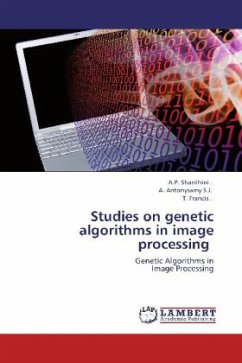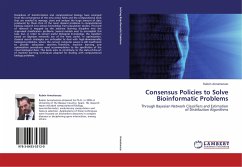This book present a bio-inspired topology control mechanism, force-based genetic algorithm (FGA), where a GA is run by each mobile node to achieve a uniform spread of nodes and to provide a fully connected network over an unknown area. We provide a formal analysis of FGA in terms of convergence speed, uniformity at area coverage, and Lyapunov stability theorem. This work also emphasizes the use of nodes to achieve a uniform distribution over an unknown terrain without a priori information. In contrast, each node running our FGA has to make its own movement direction and speed decisions based on local neighborhood information, such as obstacles and the number of neighbors, without a centralized control unit or global knowledge. The stochastic behavior of FGA makes it difficult to analyze its convergence speed. We built metrically transitive homogeneous and inhomogeneous Markov chain models to analyze the convergence of our FGA with respect to the communication ranges of mobile nodes and the total number of nodes in the system. The Dobrushin contraction coefficient of ergodicity is used for measuring convergence speed for the Markov chain models of our FGA.
Bitte wählen Sie Ihr Anliegen aus.
Rechnungen
Retourenschein anfordern
Bestellstatus
Storno

